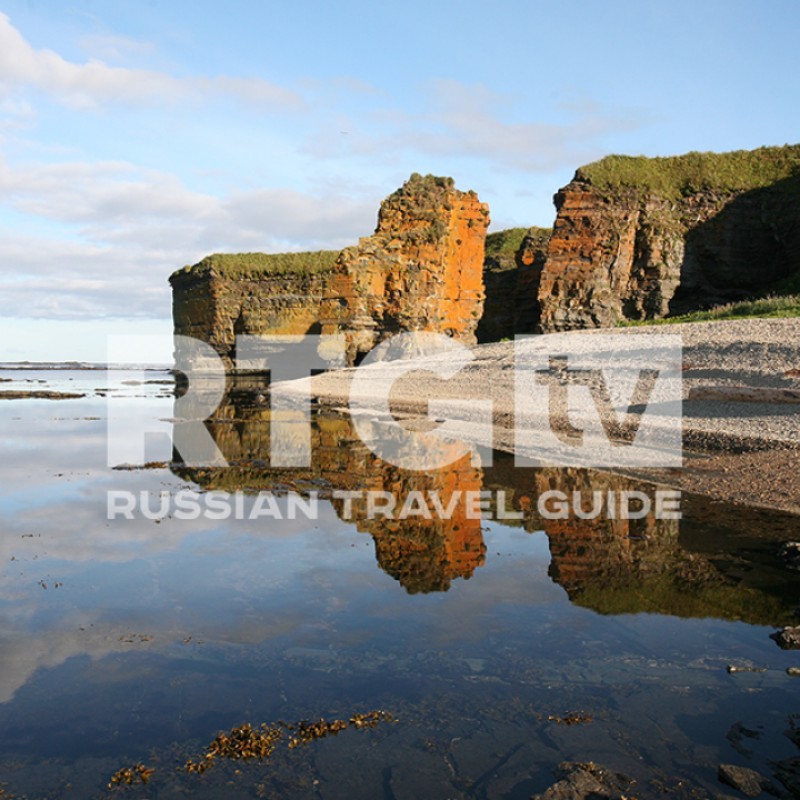
Ethnography
Сulture
Year 2012
Duration 00:34:36
The Tauride Palace symbolises the triumph of Prince Grigory Potemkin, a favourite of Catherine II. He was the only person that the Empress trusted completely, not only with her heart, but with the empire as well. Potemkin was called the number two in government and the “uncrowned emperor” for the great services he provided the country. It is as if this monumental building strove to meet the strong personality of the Prince and became the standard of classical architecture in Russia at the turn of the 18th to 19th centuries. At this time many provinces were building estates with the very same six-column portico and triangular pediment, but the Tauride Palace was something special; the richness of the palace interior and its decoration evoked envy from even the most spoiled and extravagant of aristocrats. The 20th century breathed a whole new political life into the Tauride Palace when it became the seat of the Russian Empire’s first parliament. The palace currently serves as the headquarters of the Interparliamentary Assembly of Member Nations of the Commonwealth of Independent States.
Presenter Igor' Maksimenko
Year 2012
Duration 00:34:36
Presenter Igor' Maksimenko
The Tauride Palace symbolises the triumph of Prince Grigory Potemkin, a favourite of Catherine II. He was the only person that the Empress trusted completely, not only with her heart, but with the empire as well. Potemkin was called the number two in government and the “uncrowned emperor” for the great services he provided the country. It is as if this monumental building strove to meet the strong personality of the Prince and became the standard of classical architecture in Russia at the turn of the 18th to 19th centuries. At this time many provinces were building estates with the very same six-column portico and triangular pediment, but the Tauride Palace was something special; the richness of the palace interior and its decoration evoked envy from even the most spoiled and extravagant of aristocrats. The 20th century breathed a whole new political life into the Tauride Palace when it became the seat of the Russian Empire’s first parliament. The palace currently serves as the headquarters of the Interparliamentary Assembly of Member Nations of the Commonwealth of Independent States.
You may also like